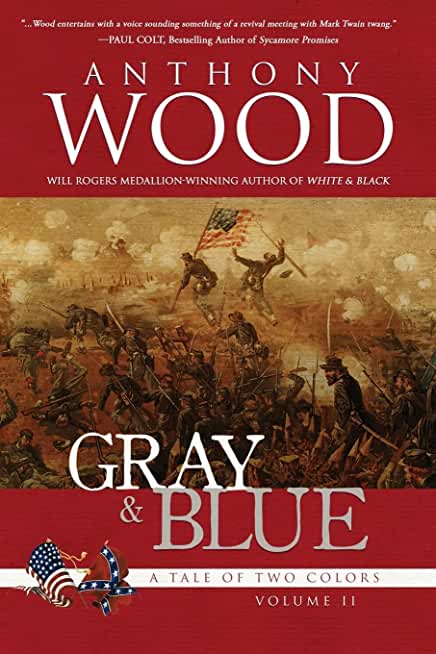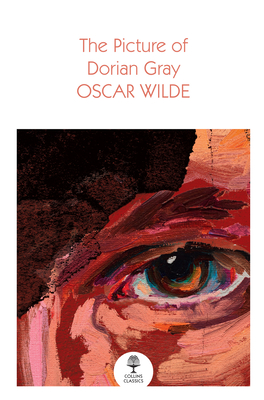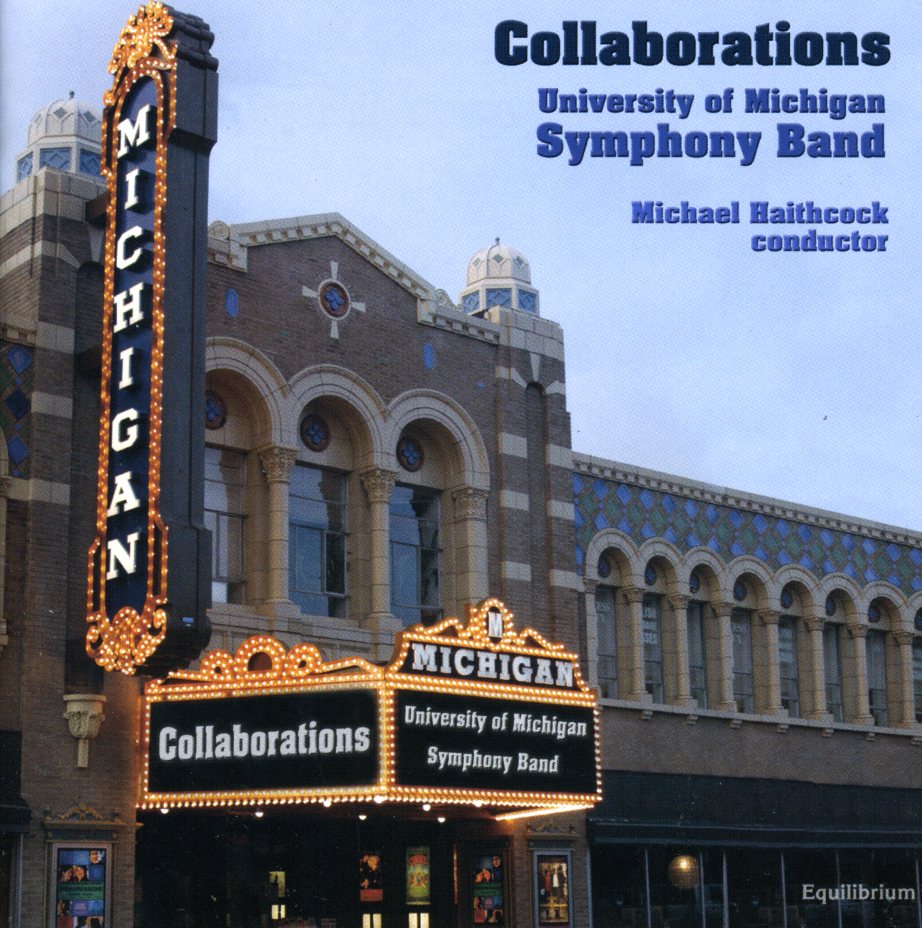
Brown's ambitious debut follows the deal-with-the-devil tale of James Harris, an aspiring entrepreneur who finds himself in need of money for his latest foray into the information technology sector. His prayers are answered when a mysterious benefactor known as "The Chairman" offers an exorbitant sum, on one condition: James must travel to his Connecticut hometown and check in on the mysterious Revson estate. James had heard it had burnt to the ground in a lightning storm, but the Chairman insists that, in fact, a woman currently is living there. James tries "to fit the opposing truths together, but they wouldn't make a whole" as he arrives at the house, enters the premises, and finds himself in a timeless world, away from his responsibilities-and soon tempted by the kind of too-good-to-be-true deal that the title promises.
Composed in part of vignettes, elaborate backstories, and theatrical scenes that lean heavily against the fourth wall, this gripping novel combines surprising storytelling approaches and a time-crossing narrative in which past, present, and future converge for the finale. Brown's character development is intricately drawn, examining the complex points of view of the major players, especially James and, eventually, in the novel's 1960s thread, Sharon Peters, a Connecticut divorcee whose descent into Club Heaven & Hell in Greenwich Village is a standout sequence that will shape many fates.
Romantic, thoughtful, sometimes bizarre, and rendered in crisp, memorable prose, American Faust offers mysteries that will please readers who prefer some subtlety in depictions of the uncanny, particularly the open-ended climax that invites numerous interpretations and will leave readers who relish the elusive hungry for more. In playing in the realm of Goethe, Brown plays with form, expectations, perspectives, and the great themes of the original. American Faust follows in the steps of a classic by forging its own singular path.
More than just a clever retelling, this captivating novel possesses an abundance of vitality and originality. A fitting modern homage to timeless classic literature, Brown is able to match and expand on the elegance of a bygone era by evoking a rich literary heritage.
Take Away: Ancient Faustian folklore tackles American convention in Brown's delightfully disorienting novel. This rich and playful deal-with-the-devil tale will enrapture readers with the ways relationships can harm and heal us.







